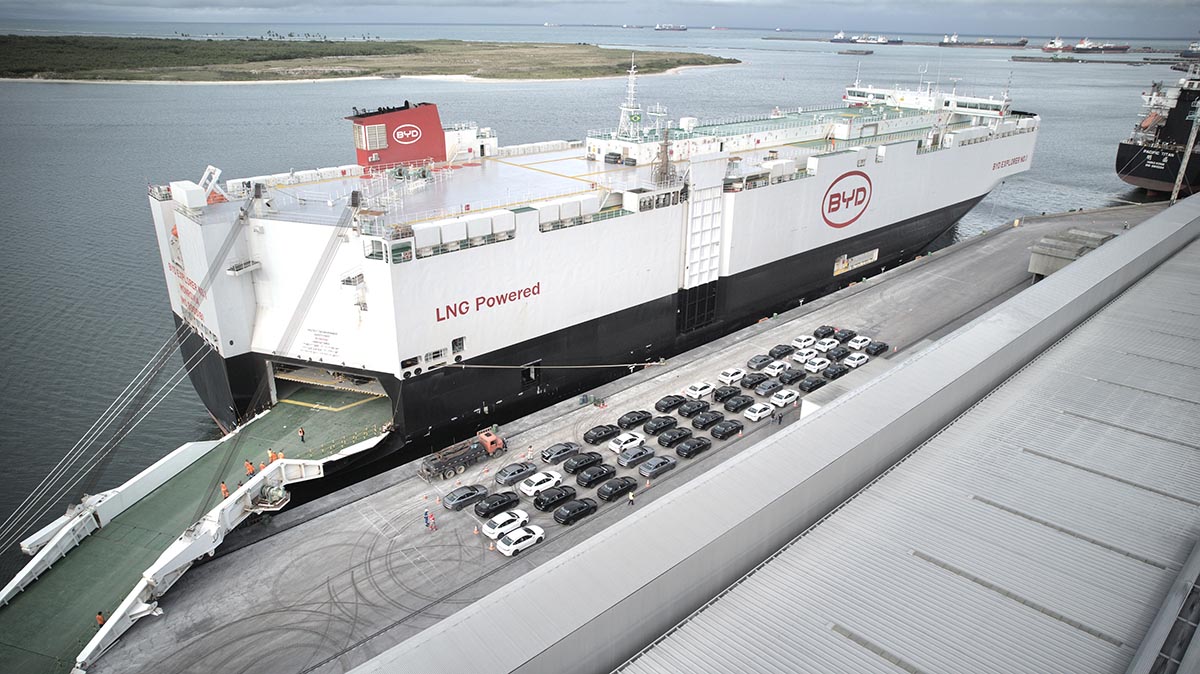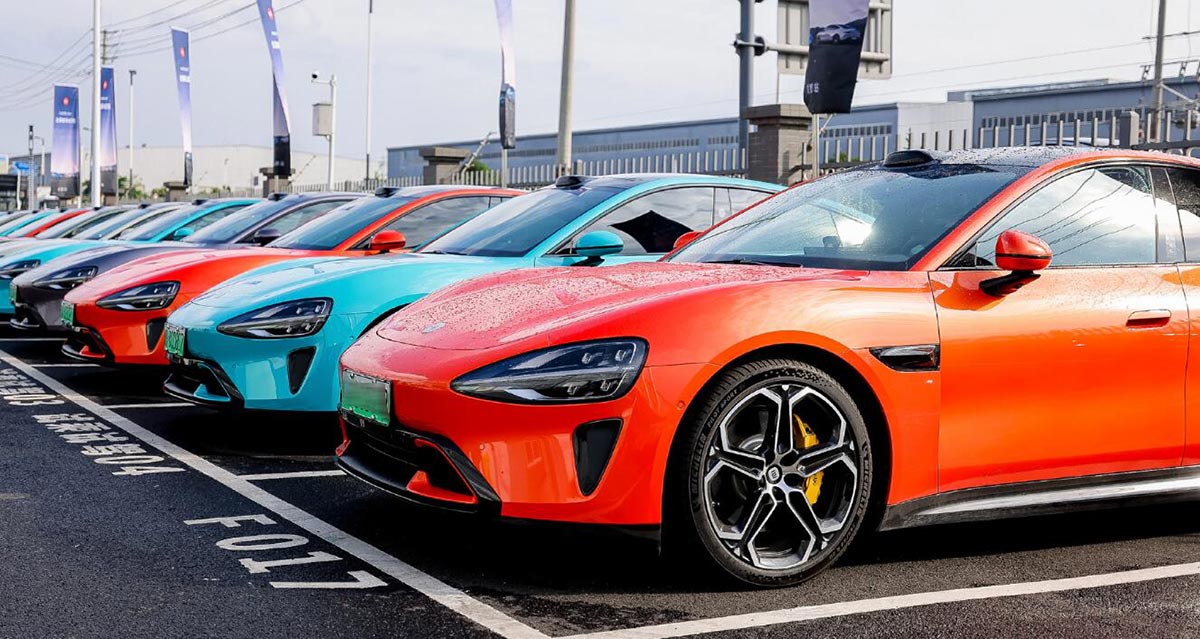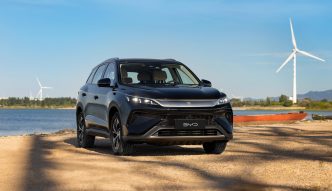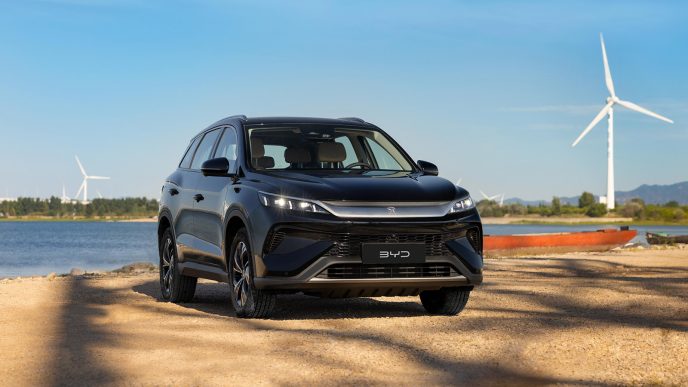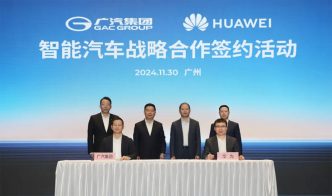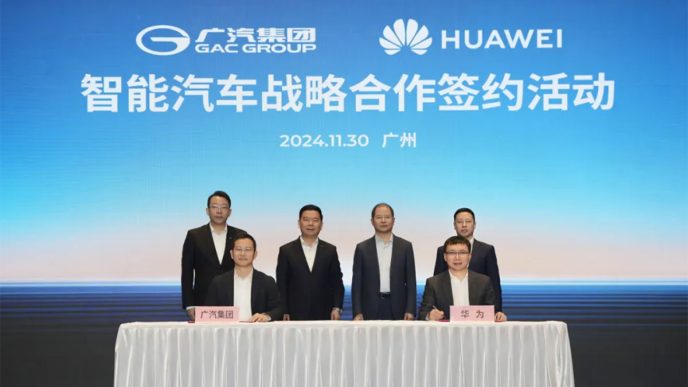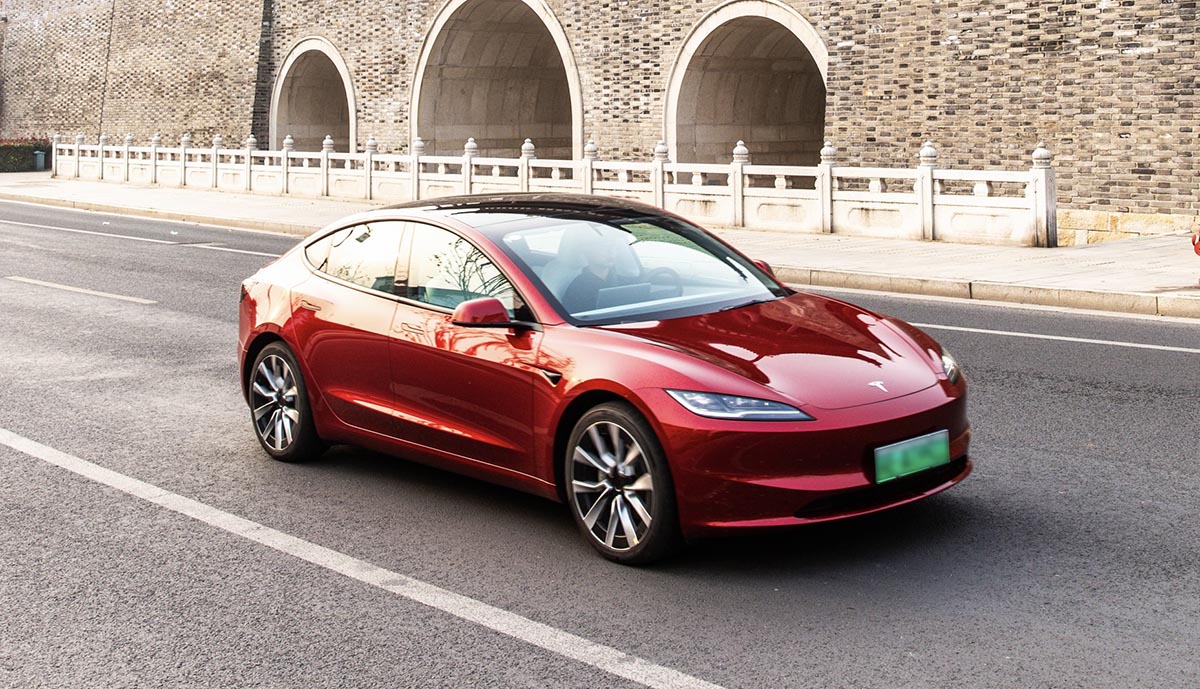Chinese automakers are pivoting to hybrid vehicles as a strategy to bypass the European Union’s newly imposed tariffs on electric vehicles (EVs) imported from China. The tariffs, which can reach as high as 45.3%, aim to protect Europe’s domestic auto industry but notably exclude hybrid models from the restrictions.
“Chinese OEMs are shifting toward plug-in hybrid vehicles as a way to sidestep the new EU tariffs on battery-powered vehicle imports from China,” Murtuza Ali, an analyst at Counterpoint Research, told Reuters. Ali predicted that hybrid exports to Europe could grow by 20% this year, with further expansion expected in 2024.
Data from the China Passenger Car Association revealed that hybrid vehicle exports to Europe more than tripled to 65,800 units from July to October compared to the same period last year. During the third quarter, hybrids, including plug-in hybrid electric vehicles (PHEVs), accounted for 18% of China’s total vehicle sales to Europe. This marked a significant increase, especially as EV shipments to the region dropped by 58% over the same timeframe.
Chinese automakers such as BYD, SAIC, and Geely are leveraging the hybrid segment to maintain a foothold in Europe while offering competitive pricing. BYD’s Seal U DM-i plug-in hybrid is priced at €35,900, strategically undercutting Volkswagen’s Tiguan PHEV and Toyota’s C-HR PHEV by €700 and 10%, respectively.
The shift to hybrids also represents a challenge for European and Japanese automakers, who have historically dominated the plug-in hybrid market. Chinese manufacturers are introducing models that boast better fuel efficiency and lower costs, raising concerns about potential disruptions to the local market.
BYD has announced plans to manufacture hybrids and EVs at its new plant in Hungary, signaling a deeper commitment to the European market. Meanwhile, Geely has launched a new PHEV model in Europe, and SAIC is diversifying its export lineup with vehicles powered by various drivetrain systems.
The European Commission, which imposed the tariffs citing unfair Chinese subsidies, may consider extending the restrictions to hybrids if the trend accelerates. However, some Chinese automakers, including BYD, are positioned to remain profitable even with higher tariffs.
Source: Reuters

